The content of the article
What is menopause? The extinction of the reproductive system. Decreased concentrations of progesterone and estrogen. Change in hormonal levels and well-being. Every woman is faced with this phenomenon. Some are 35–40 years old, others are 45–50 years old. Information on the precursors of menopause will be useful to both young and mature ladies. After all, when the patient knows in advance about the onset of menopause, she manages to prepare both mentally and physically.
Premenopause and Menstrual Cycle
From birth, a certain number of eggs are laid in the body of the girl. Their stock decreases with age. Closer to the age of 45-50, the reserve of material for fertilization is depleted, and malfunctions occur in the work of the ovaries. The body is preparing to turn off the reproductive system. This is reflected in menstruation.
In women with a normal hormonal background and healthy genital organs, menstrual periods are regular. They are not too plentiful or meager, last from 2 to 5 days. A woman immediately notices the onset of premenopause, because during this period the menstrual cycle gets lost. The gynecologist does not find any inflammatory processes. But the periods are delayed for 1-2 weeks, then come much earlier. In some patients, premenstrual syndrome occurs, which is accompanied by:
- swelling and enlargement of the mammary glands;
- sore nipples;
- mood swings;
- uncomfortable sensations in the lower back and lower abdomen.
Gradually, breaks between periods are extended to 45–90 days. Allocations become scarce, dark or light brown. Sometimes they are more like a secret that is produced in the last days of menstruation.
If a woman passes tests for hormones, she will see that the concentration of estrogen has decreased. A change in the hormonal background occurs gradually so as not to expose the body to serious stress. Although in some cases, menstruation disappears dramatically, and the level of progesterone and estrogen decreases almost instantly. It depends on heredity, and on lifestyle, and on past illnesses. For example, chemotherapy or removal of the uterus often leads to an early menopause. And some oral contraceptives, on the contrary, postpone premenopause for 3–6 years.
Overweight and libido
The extinction of the reproductive system is also indicated by the absence of sexual desire. Libido depends on the level of progesterone and estrogen. When the ovaries stop producing these substances, several changes occur in the female body at once.
Firstly, there are malfunctions of the glands located in the vagina. They produce a lubricant that moisturizes the walls and protects against drying out. It also facilitates penis gliding during intercourse. But with menopause, the glands produce much less secret. A woman feels a constant dryness in the intimate zone. During emotional arousal, the vagina does not get wet, so sex only brings pain.
Secondly, with a decrease in estrogen levels, the functioning of the nervous system changes. Libido is suppressed, and the patient is less likely to need sex. Hints of a partner on the performance of marital duty annoy and cause attacks of aggression. But it also happens that before the extinction of the reproductive function, a woman becomes sexually active. She constantly wants to make love. Some ladies claim that it was during the premenopausal period that they finally began to receive orgasms. This condition lasts from several months to 1–5 years.
Estrogens affect not only libido, but also metabolism.Extinction of ovarian function is often accompanied by weight gain. Body weight increases rapidly due to a slowed metabolism, so women have to change their eating habits during menopause.
If the body fat grows too fast, and the woman recovers by 4-5 kg per month, she should consult with a gynecologist. And then do an ultrasound of the thyroid gland, donate blood to hormones and make an appointment with an endocrinologist.
Body temperature
Hot flashes are the most unpleasant symptom of menopause. The nervous system is disturbed due to hormonal changes. The vessels and heart also suffer. There are pressure problems. When a woman gets into a stressful situation or is in a stuffy room, the capillaries located in the upper part of the body expand sharply. The pressure rises, and the skin of the face, neck and décolleté becomes red or becomes covered with crimson spots.
The attack is accompanied by increased work of the sweat glands. Clothing gets wet in the armpits and back. Face and neck are covered with sweat. Due to a sharp increase in pressure, the heartbeat becomes more frequent. A woman may feel a throb in her temples or ears. Some patients feel dizzy, and black dots appear in front of their eyes, similar to midges.
Also, symptoms of hot flashes include a lack of air, which can cause panic attacks. A woman is afraid that she will suffocate or lose consciousness in the middle of the office. Fear only strengthens tension and palpitations. There is tremor of the hands, and the legs give way and become cottony.
Tides disturb patients both in the daytime and at night. Attacks cause not only stress, but also other factors:
- tight or too warm clothing;
- cigarettes;
- spicy foods or hot drinks;
- alcohol;
- slimming underwear;
- lack of oxygen;
- dehydration of the body;
- antidepressants and drugs for weight loss.
The duration of the tides is from 3 minutes to half an hour. Cool water and fresh air help stop attacks, but they do not always work. To prevent pressure drops from causing a panic attack, a woman who feels heat in her upper body should sit down and calm down. Unbutton a blouse or jacket, take a few slow breaths.
At night, patients are worried not only by hot flashes, but also by chills. The heartbeat during rest slows down, the pressure decreases. Blood circulation in the upper and lower extremities worsens. Often a woman wakes up from a feeling of cold, which disappears after active movements or a cup of hot tea.
Emotional condition
Hormonal changes affect the working ability of patients. The functioning of the nervous system deteriorates, therefore, the concentration of attention decreases. A woman complains of fatigue, which makes it more difficult for her to focus on reports. Menopause is also accompanied by frequent insomnia and headaches.
For premenopause, sharp mood swings are also characteristic. Patients react very emotionally to stressful situations. Laughter quickly gives way to tears and vice versa. They cannot control aggression. Periodically become initiators of conflicts with colleagues and relatives.
Hot flashes cause drowsiness and anxiety. It seems to the woman that something terrible should happen to her or family members. She can not get rid of anxiety and causeless fear. Some patients experience depression due to thoughts of impending old age, new wrinkles, and fading reproductive function.
Additional signs
Estrogens are also responsible for retaining moisture in soft tissues. When the level of female hormones decreases, the mucous membranes of the eyes and mouth begin to dry out. The skin loses fluid and elasticity. It becomes lethargic and dull. The fragility of hair and nail plates increases.
The genitourinary system suffers. Patients visit the toilet more often. When urinating, they have a burning sensation and other uncomfortable sensations.When the concentration of estrogen decreases, the muscles of the pelvic relax. This leads to urinary incontinence and prolapse of the uterus.
In women, an appetite disorder is observed. They either refuse food, or do not leave the refrigerator. Also, patients complain of constipation and flatulence, because due to poor metabolism, intestinal function deteriorates.
For menopause are characteristic:
- tingling in arms or legs;
- joint and muscle pain;
- lump in the throat;
- numbness of the fingers, upper and lower extremities;
- sensation of "goosebumps" crawling over the skin;
- pain in the heart;
- tinnitus;
- tendency to hypochondria.
Menopause is not as terrible as it seems to women. Hormonal changes occur smoothly, so the body manages to adapt to a new state. So that the symptoms of menopause do not interfere with an active life, patients are advised to monitor nutrition, take drugs that increase estrogen levels, play sports and maintain positive thinking.
Video: menopause and menopause symptoms in women

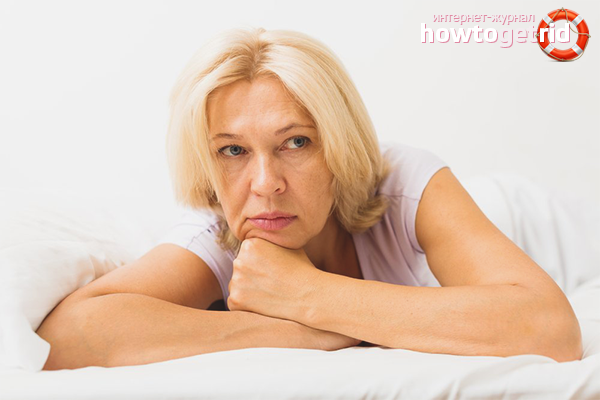
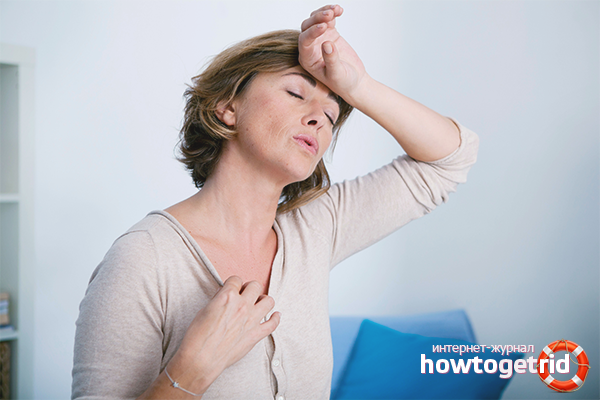
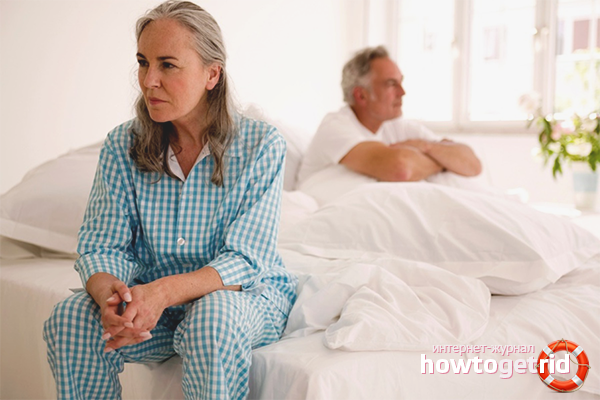
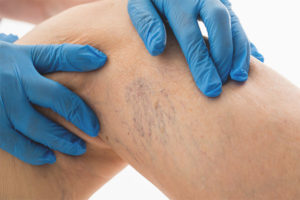
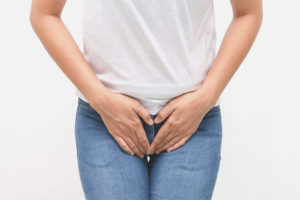
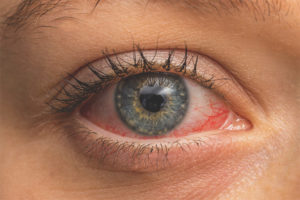

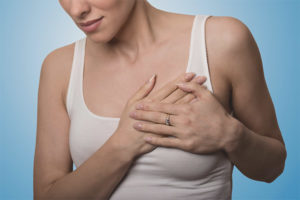
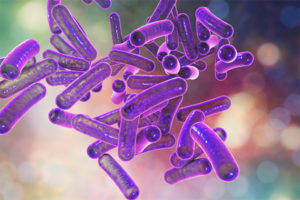
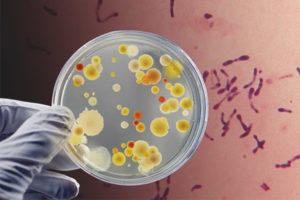

Submit